77% of Secondary school children believe there are ‘maths people’ and 67% don’t think they are one
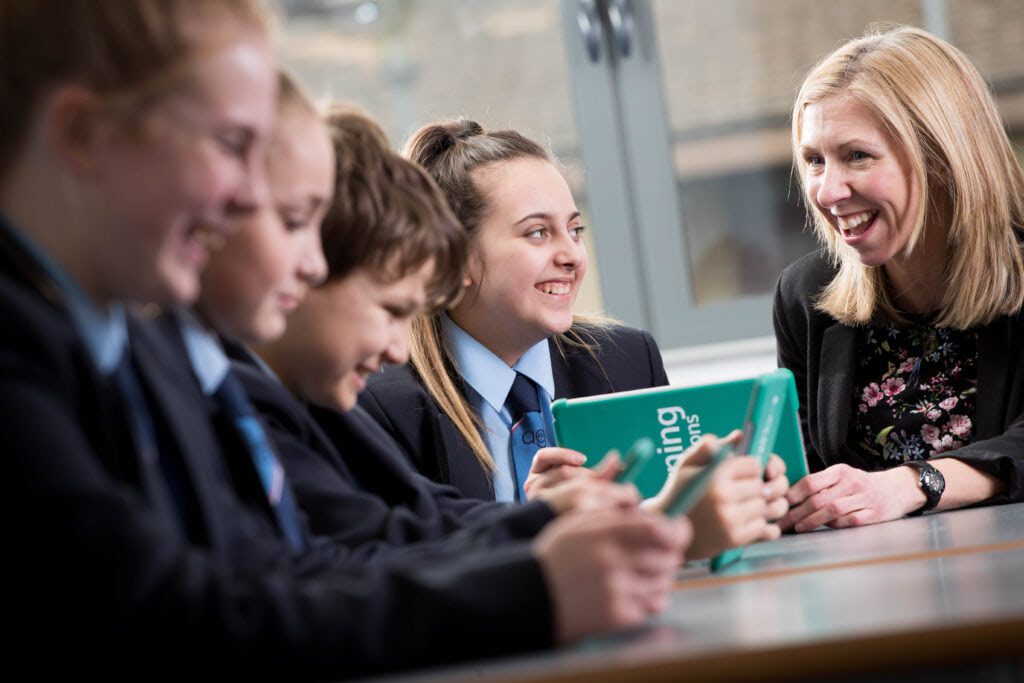
Despite there being no scientific research to support the idea of a ‘maths person’ 77% of children at secondary school believe that some people are naturally able to do maths better than others.
In response to National Numeracy Day (May 16th) the teaching and learning platform Learning by Questions* ran a survey with pupils across the UK to see if they could identify the point at which children picked up the cultural myth that there are ‘numbers people’.
“At primary level children are 50/50 about the existence of a ‘maths person’ but by secondary the majority believe that some people are biologically predetermined to be better with figures” explains Dave Grosvenor, Education Programme Manager for Learning by Questions.
“What’s more worrying is that most of those children believe that they are not ‘maths people’ which is a tragedy and it’s robbing us of future mathematicians, engineers, scientists, or simply adults who can navigate numbers with confidence.”
Andy Done, Deputy Headteacher at Masefield Primary School in Bolton and finalist for the TES Maths Teacher of the Year says that schools are aware of the problem: “It’s something we hear a lot of, particularly on parents evening. But a child’s potential in maths is not dictated by the numeracy skills of their family. Every individual is capable of being good with numbers.”
What’s reassuring from the research is that 82% of secondary pupils say that the self-paced learning with immediate feedback used in ‘Learning by Questions’ could help change their mind.
Dave Grosvenor explains “Learning by Questions is a new evolution in teaching and learning. The fact that 90% of teachers who have been trialling the pedagogy for the last year believe that their students have made greater progress than they would have otherwise gives us a great deal of hope that we won’t need National Numeracy Day in the future.”
*Survey conducted with 222 secondary pupils and 459 primary pupils.
About Learning by Questions: A cloud-based educational classroom tool that saves Teachers time and increases their efficiency by highlighting which Students need their help and which concepts need teaching during lessons. Students’ progress at their own pace and ability through question sets and receive immediate automatic feedback as they answer. Teachers receive live analysis and results are saved to support assessment and planning.
Funded and owned by the Bowland Charitable Trust and led by the founder of Promethean Tony Cann CBE, the team behind Learning by Questions have an established reputation for changing classrooms around the world. Further independent testing of the programme by the Institute for Effective Education confirms that using Learning by Questions could increase learning by more than 25%.
Currently undergoing a £1million Feedback Study with 50 schools in 10 local authorities across the UK, Learning by Questions is committed to improving education through evidence based pedagogy and will be launching in Autumn 2018.

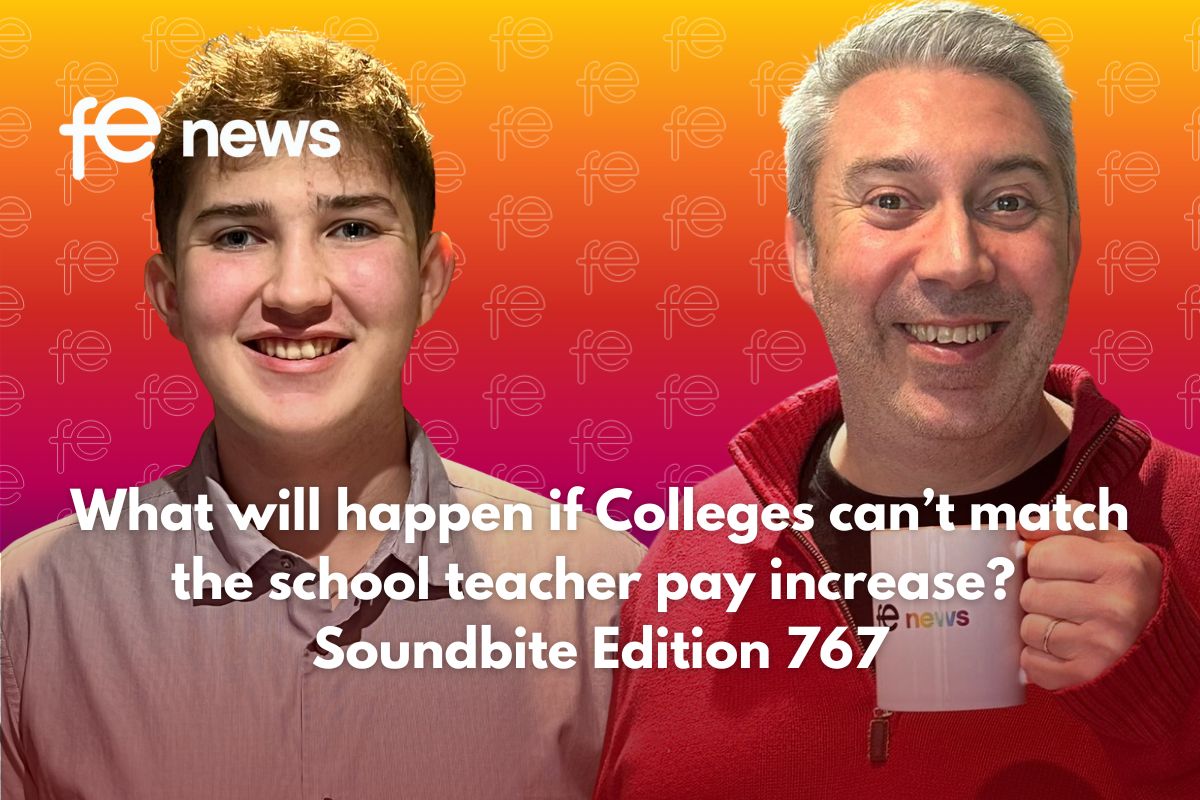



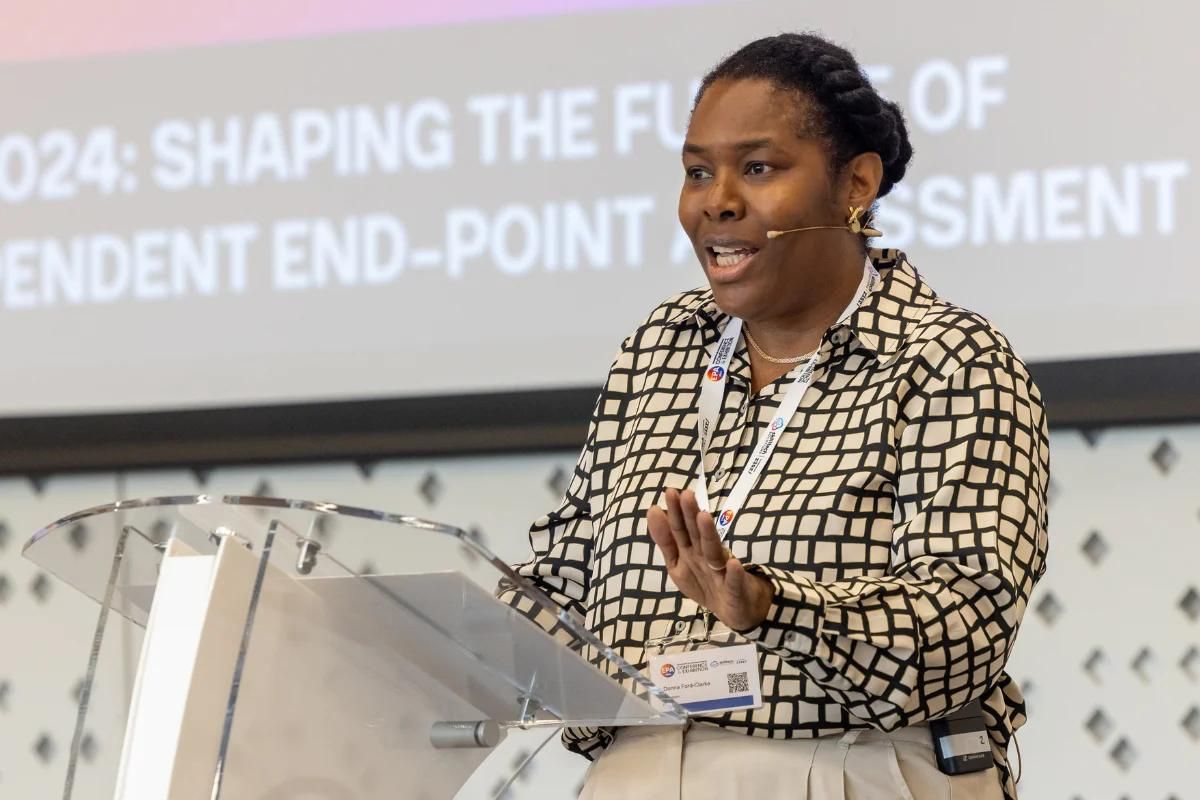
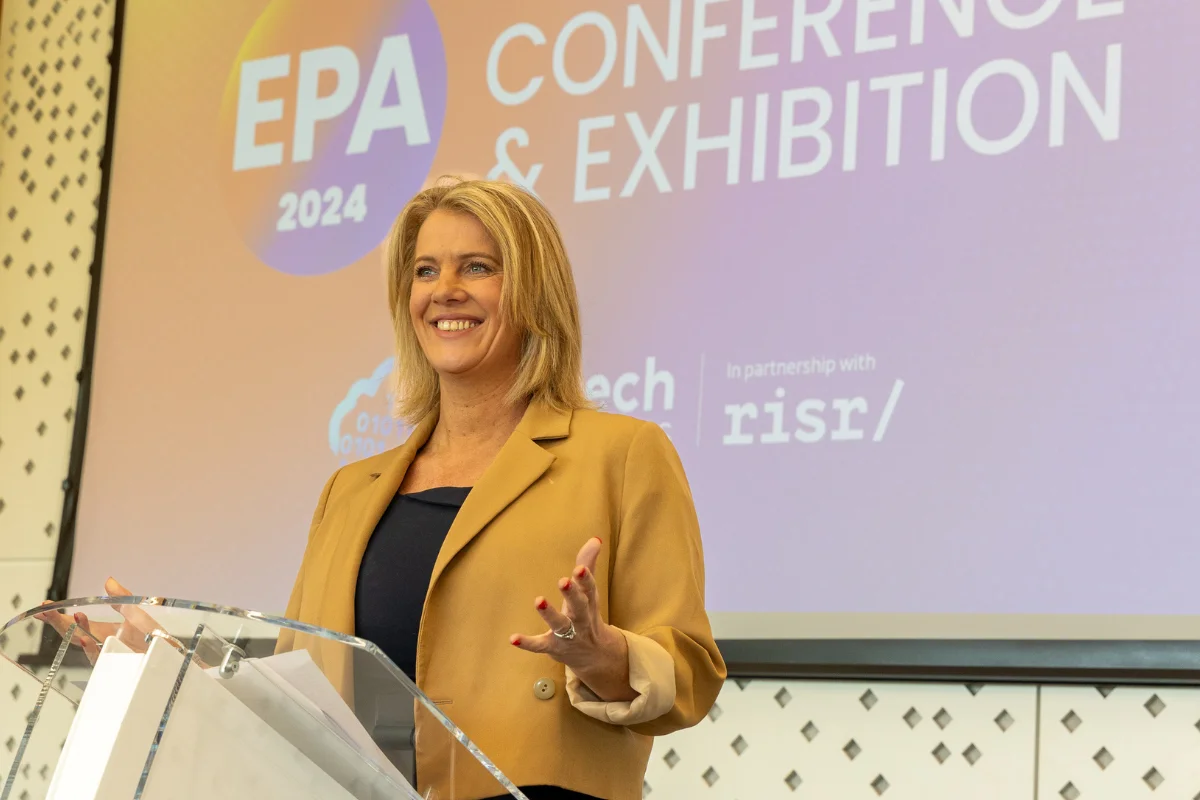


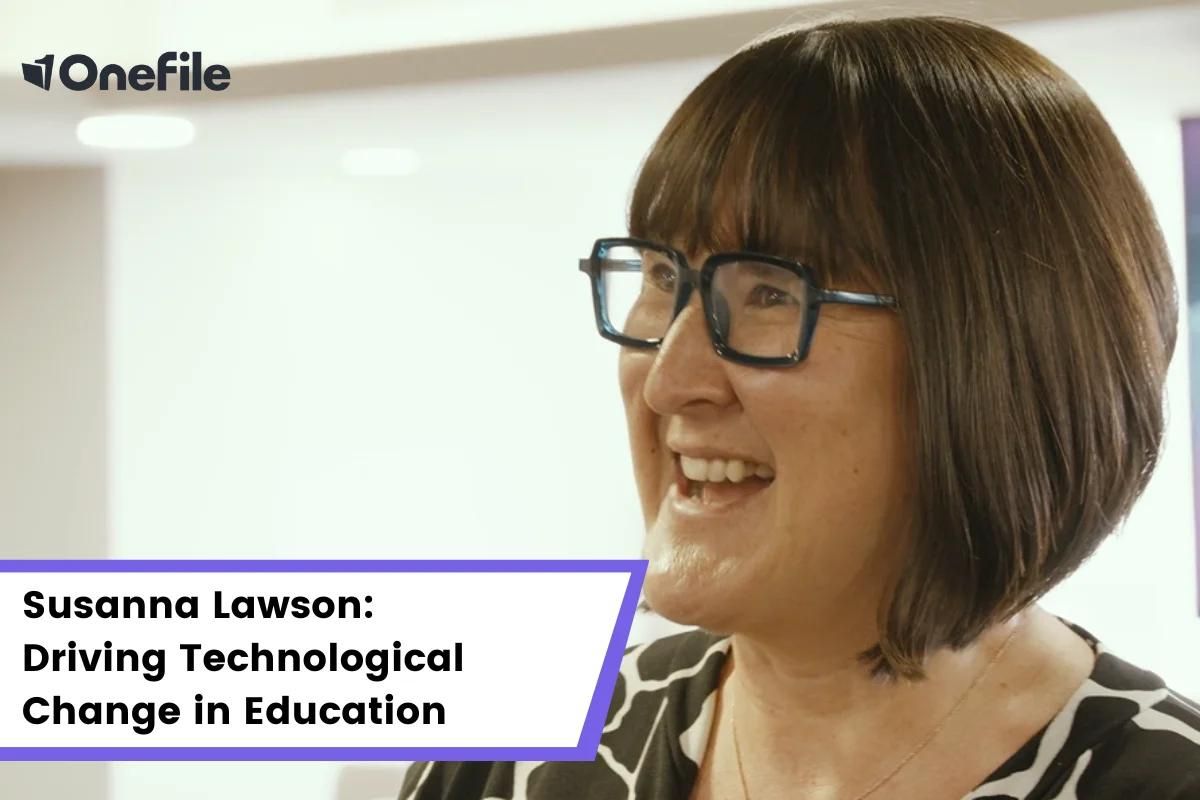
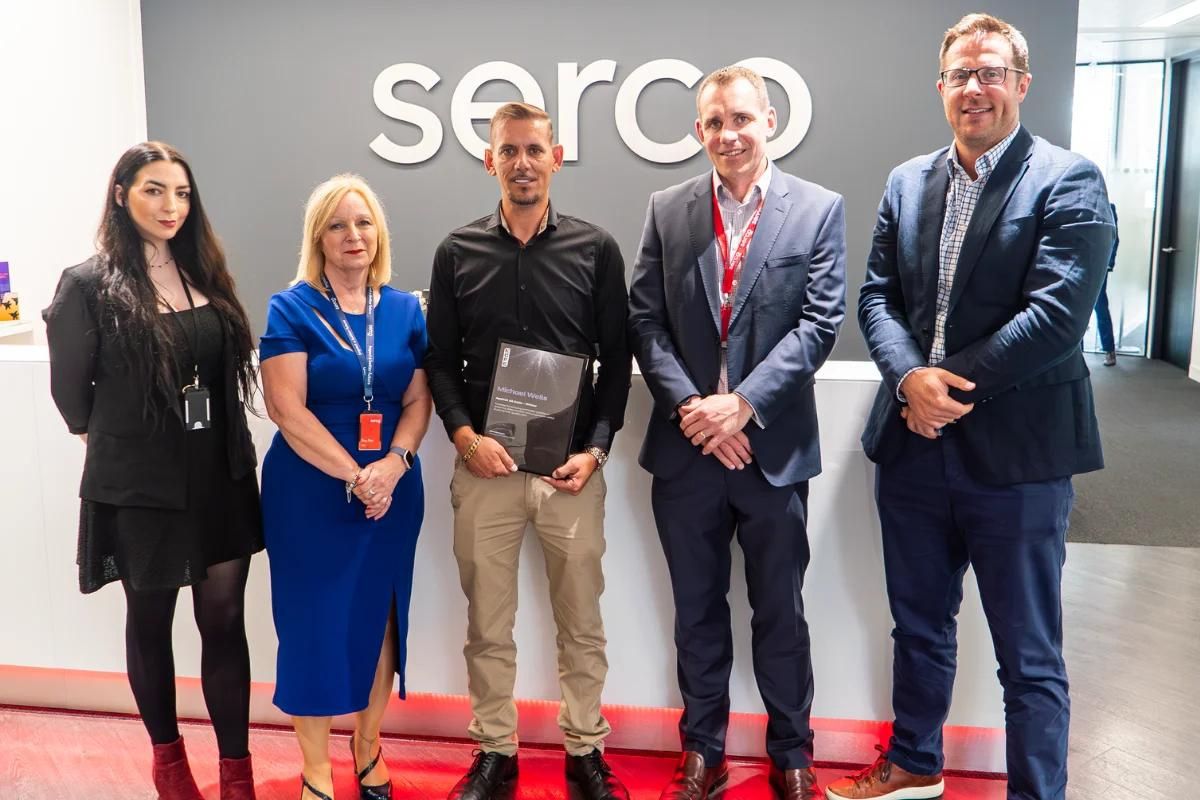
Responses